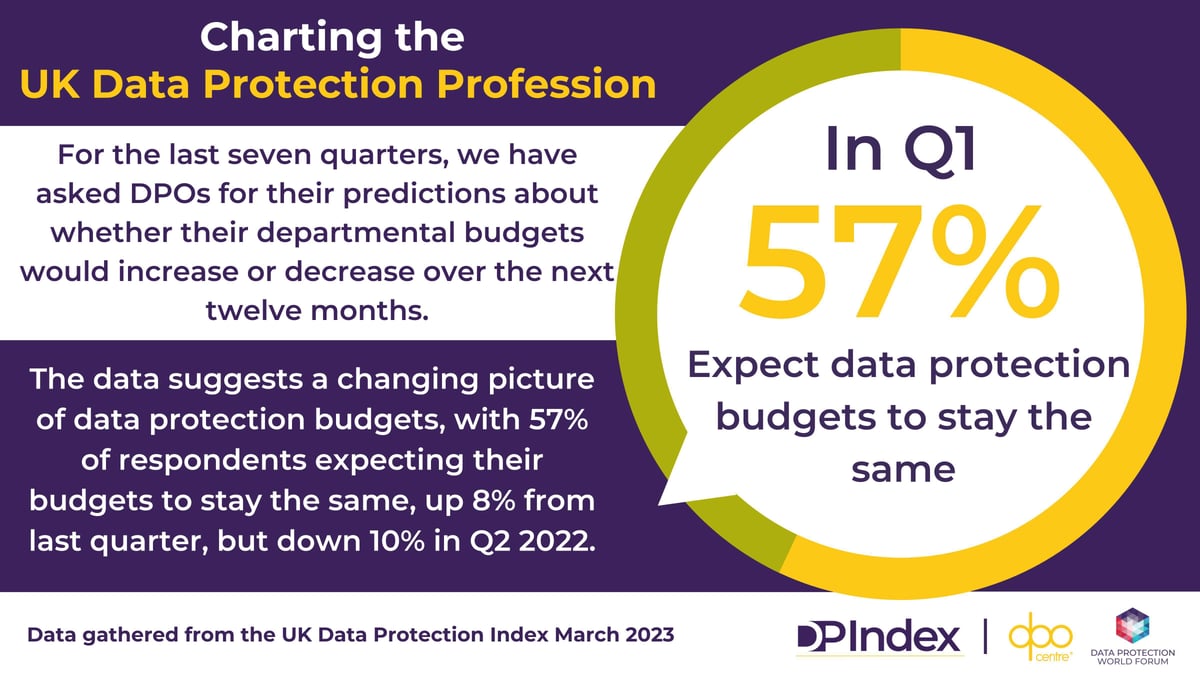|
The DPIA is a bitesize assessment of the impact of the most significant, interesting and important-to-know data protection issues. It’s not the full story, just a brisk, 3-minute resumé, collated and condensed especially for busy privacy professionals to ensure you’re aware of what’s happening in our fascinating, dynamic and engaging industry.
We want you!To support our ongoing requirement to continuously grow our remarkable and extraordinary #oneteam, we are seeking suitable candidates for the positions of;
If you are looking for a new and exciting challenge, apply today! Keep in touchDo you have any interesting stories? Are you looking for support with your data protection compliance? We would love to hear from you! Please email us at news@thedpia.com.
|
-2.jpg?width=1200&upscale=true&name=DPO_DPIA_GraphicsV2%20(1)-2.jpg)


